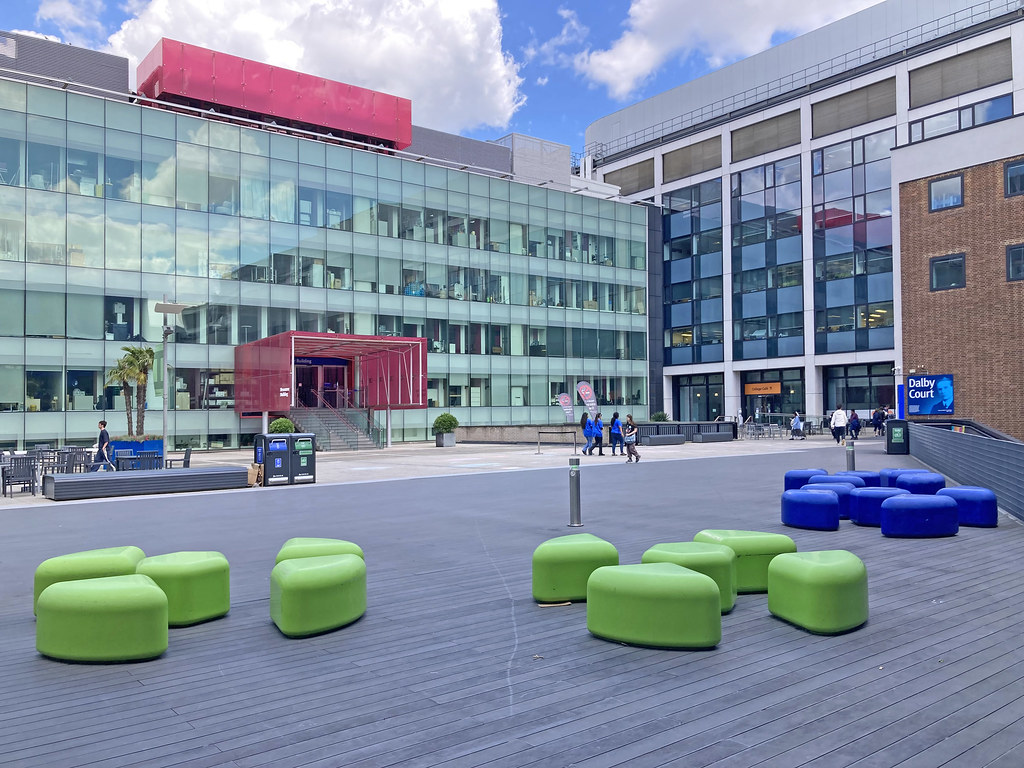What is considered emergency maintenance in an apartment? When something goes wrong in your unit, it can be hard to tell if it counts as a true emergency. If you’re unsure, you’re not alone. While routine issues like minor leaks or appliance malfunctions may be inconvenient, emergency maintenance involves situations that pose immediate risks to your safety, health, or property. Knowing which repairs qualify, how to recognise them, and when to request help is essential for resolving problems quickly and effectively. In this blog, we’ll guide you through what counts as emergency maintenance and the steps to take when faced with an urgent situation.
What is Emergency Maintenance?
Emergency maintenance in an apartment refers to urgent repair issues that need immediate attention. If not solved instantly, they will pose significant risks to the safety, health, and comfort of the residents, cause serious property damage, or threaten the structural integrity of the building.
In either case, you need to deal with it immediately and rapidly to prevent further damage or potential danger. Contact your landlord or property manager if you are experiencing emergency maintenance problems, and submit an emergency maintenance request before critical maintenance issues get any worse.
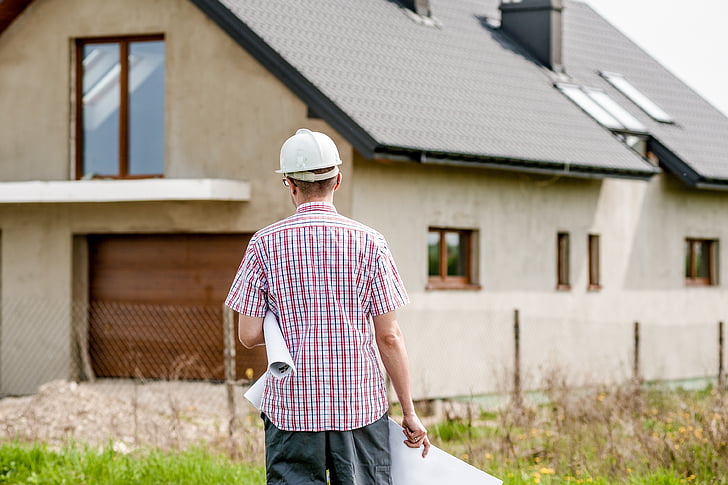
What is Considered Emergency Maintenance in an Apartment?
The emergency maintenance for apartment includes many life-threatening safety issues such as a gas leak, a broken lock, or a broken heater. Issues that could make the apartment unlivable, such as a broken refrigerator or toilet, are typically considered emergencies, as are issues that could cause serious damage if not addressed immediately, such as a leak or broken drain.
Once the request for emergency maintenance is submitted, the apartment communities will conduct the emergency maintenance at any time of day, on weekends, or on holidays. Your lease will likely outline an initial apartment maintenance emergency list for common issues that may come up.
Here are some examples of apartment emergency maintenance:
- Fire (dangerous emergency so call 911 first, then maintenance)
Fire is one of the most serious emergencies, which spreads fast with destructive force, creating a serious threat to personal safety. It can also cause serious economic and property losses. If there is a fire, get out of the building as soon as possible and call 911 instantly.
- Gas Leaks
A gas leak is highly dangerous, even life-threatening, which may lead to the possibility of carbon monoxide poisoning or an explosion. Fortunately, chemical mercaptan is added to natural gas to make it smell like rotten eggs, so it’s easier for tenants to figure out. Once there this a gas leak, keep in mind that avoids creating any spark and requires immediate and professional intervention.
- Water Leaks or Flooding
Significant leaks or flooding that could damage property including personal possessions, carpet, and drywall, or create a breeding ground for mold and mildew. If there is a water leak or flooding, it’s time for an emergency maintenance request.
- Electrical Problems
Electrical systems are essential to our daily lives, powering everything from lighting and appliances to security systems and heating. Electrical problems like exposed wires will lead to life-threatening electric shock, and power outages will affect lighting, refrigeration, and communication.
- Loss of Heat or Air Conditioning
A failure in heating during winter or cooling during extreme summer conditions, especially in extreme temperatures will make the apartment uninhabitable and influence your comfort and living experience.
- Security Failures
Issues like broken locks or doors will leave the apartment vulnerable to break-in, compromising your security. A malfunctioning smoke detector may not provide early warning of fires, leaving you at greater fire risk.
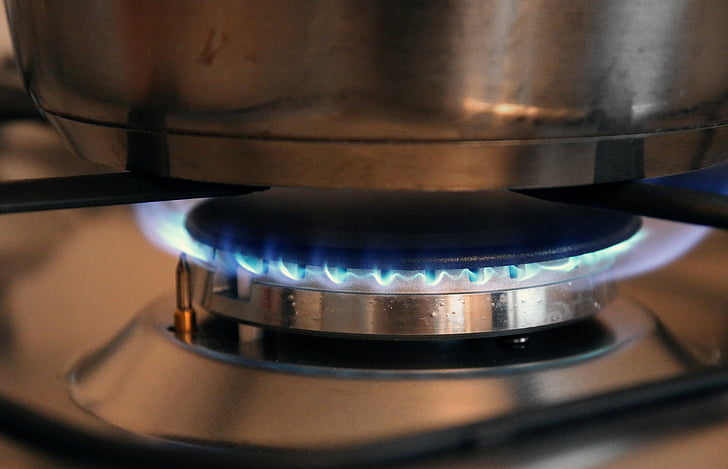
What isn’t Considered Emergency Maintenance in an Apartment?
Not all maintenance issues are emergency apartment maintenance issues. For the issues that cause no damage to the leased property and no direct injury to any person, you still need to solve them to keep the apartment in good condition, but without emergency maintenance. You can take pictures and send them to the property management so that they can determine the best response. You can also wait for regular maintenance to reduce the inconvenience.
Here are some examples of non-emergency maintenance apartment issues:
- Noisy Neighbors
Complaints about noise from other tenants typically aren’t considered to be maintenance emergency issues, and these are often handled by property management or local noise ordinances.
- Minor Leaks
A small leak under the sink or around a window, or a leaky faucet may be bothersome as well as increase utility bills over time. You can promptly report for on-time repairs and to prevent further complications.
- Appliance Malfunction
A broken dishwasher, refrigerator, or stove can affect your daily routine and make household tasks inconvenient and harder. Reporting this issue for timely repairs or replacements is a good choice.
- Cosmetic Repairs
Issues like chipped paint, scuff marks, or minor dents in walls don’t need immediate attention and can be handled during regular maintenance to maintain the rental unit’s appearance and quality.
- Non-urgent Plumbing Clogs
A slow drain or minor clog may be an annoyance, but unless it’s causing flooding or is part of a larger issue, it doesn’t require emergency attention.
Temporary Fixes
Apartment Temporary Fixes refer to quick, short-term solutions to problems or issues within the apartment that can help alleviate discomfort or prevent further damage until a permanent repair can be made. For example, if a heater breaks overnight, management might provide space heaters until a repair specialist can come the next morning.
While they can help you manage everyday issues and prevent problems from escalating, they are not long-term choices. It’s important to inform your property management or maintenance team about the issue so they can schedule a professional repair or replacement. Relying too heavily on temporary fixes may delay necessary repairs, potentially worsening the problem over time. Always aim to have professional interventions for issues that could impact your safety or the long-term condition of your apartment.
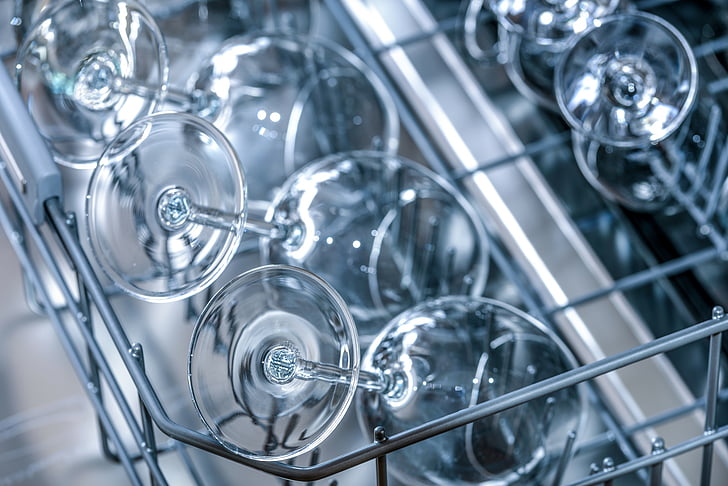
Situations that Need Your Judgement
Sometimes, whether the issue requires apartment emergency maintenance, it depends. The context in which the problem occurs is very important, and here are some examples.
No Air Conditioning
Most apartment communities consider a broken air conditioner an emergency when the outside temperature exceeds a certain threshold (e.g., 90°F). Similarly, if it is not extremely cold, it will not be considered an emergency. Additionally, make sure to determine the reason why the air conditioning is not working. If it’s due to unpaid bills, the repair personnel will not fix the issue.
No Electricity
The utility company may cause power outages, and in such cases, repair personnel will not be able to help. Therefore, before contacting apartment maintenance, please check the outage scope to see whether it affects the entire building or just your apartment. Also, most apartment communities don’t consider a partial outage an emergency.
DIY Temporary Fixes
There are several issues you can handle by yourself to avoid the trouble of calling for emergency maintenance for your apartment, saving you time and potentially preventing unnecessary service calls. While major or dangerous repairs are better left to the experts, smaller issues could be resolved quickly without a maintenance call.
For example, minor clogs in sinks, showers, or bathtubs can often be cleared with a plunger or a drain snake. You can also use a mixture of baking soda and vinegar, followed by hot water, to break up some clogs. Also, if a faucet is leaking, you can often fix it by tightening the handle or replacing the washer. You can find easy-to-follow guides online for the most common faucet types. In addition, clogged toilets can be solved by a plunger or a flexible toilet auger.
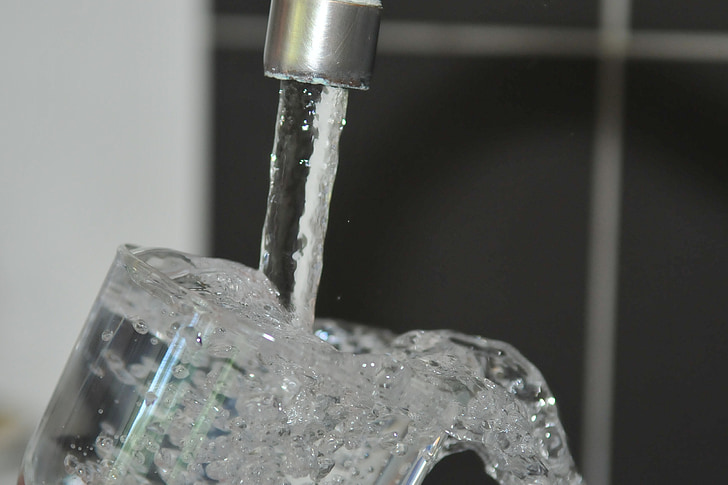
How Long will Emergency Maintenance Take?
Emergency maintenance is designed to be fast, but the time required for repairs will depend on the complexity of the problem, the availability of resources, and the timing of the issue. Simple problems can often be fixed within a few hours, while larger issues might take a day or more. If you experience an emergency, your property management or maintenance team should provide an estimated timeline for repairs, though it’s important to remember that some issues-especially those involving significant damage or requiring external specialists take longer to fully resolve.
For minor issues like a leaky faucet, emergency maintenance typically responds quickly, often within an hour or 3 hours. But for a malfunctioning HVAC system or electricity failure, it will take about 6 hours or more. In addition, severe structural issues or extensive Damage (e.g., major water damage, fire) require several days to weeks to be solved.
The exact time for an emergency maintenance apartment repair will also depend on the resources available to your property manager. If you live in a small town with only one plumber, your maintenance services might take longer than they would in a big city with several service providers to choose from.
Report to Maintenance Team as Early as Possible
Even if you’re unsure whether the issue qualifies as an emergency, it’s better to reach out for help sooner rather than later. Emergency maintenance staff are trained to assess the severity of the situation and can either resolve it quickly or provide advice on the next steps. Taking prompt action is key to ensuring your apartment remains safe, comfortable, and well-maintained.

Proactive Maintenance Tips
There are some proactive maintenance tips for you to care for your apartment to prevent future, possibly larger headaches.
- Clean or replace air filters in your heating and cooling systems every 1-3 months
- Flush out drains with hot water and a mixture of baking soda and vinegar regularly to avoid clogs.
- Dust the Smoke and Carbon Monoxide detectors regularly to avoid triggering false alarms or blocking the sensor.
- Inspect window and door seals before winter to keep out drafts.
- Clean the filters in the kitchen range hood and dryer lint trap every few weeks to keep appliances running efficiently and prevent fire hazards.
- Store food properly to avoid pests.
Conclusion
Understanding what is considered emergency maintenance in an apartment is very essential, and it’s important not to delay reporting emergencies to your property management or maintenance team, as prompt action helps protect your living space and prevents small problems from escalating into larger headaches.
If you are curious about the severity of an issue, don’t hesitate to communicate with your landlord or property manager about the specific issues; instead of risking further damage to the property, you can find apartments with timely emergency maintenance service on uhomes.com. A quick response to emergencies ensures that your apartment remains a safe, comfortable, and well-maintained place to live.
FAQ
Q1. How long does emergency maintenance for apartment take?
The time required for emergency maintenance is usually from a few hours to some days, depending on the complexity of the problem, the availability of resources, and the timing of the issue. If you experience an emergency, your property management or maintenance team should provide an estimated timeline for repairs.
Q2. What is the difference between preventive and emergency maintenance?
The difference between preventive and emergency maintenance in an apartment is applied to common issues that arise in residential buildings. Preventive maintenance includes regular inspections and repairs to avoid issues like plumbing checks, while emergency maintenance happens when problems suddenly arise urgently like the power outage.
Q3. Will the tenant be charged for apartments maintenance?
Whether a tenant will be charged for apartment maintenance depends on several factors, including the type of maintenance required, the lease agreement, and the laws of the area. Generally, landlords are responsible for most routine and preventive maintenance, but there are some exceptions including the damage caused by tenants negligence.
Q4. Is broken AC a apartments maintenance emergency?
A broken AC can be considered emergency maintenance when the failure results in uncomfortable or unsafe living conditions, particularly during extreme weather. If the breakdown occurs outside those conditions (e.g., minor issues or mild weather), it may not be considered an immediate emergency, but it still needs prompt attention to restore comfort.
Q5. What is considered an emergency repair for a rental property?
An emergency repair in a rental property usually involves issues that could cause safety hazards, health risks, or major property damage if not immediately addressed. This typically includes plumbing problems, electrical issues, heating or cooling failures, significant structural damage, security concerns, and gas leaks.
Q6. How quickly should a landlord respond to emergency maintenance?
Landlords should typically respond within 24 hours, depending on the severity and local laws. Life-threatening issues require immediate attention.
Q7: Are broken locks or security issues considered emergency maintenance?
Yes. Anything that affects safety or security, such as broken locks or malfunctioning entry systems, qualifies as emergency maintenance.
Q8: Can tenants perform temporary fixes for emergencies?
Yes, tenants can perform temporary fixes for emergencies. Minor temporary measures (like turning off water or electricity) are okay, but professional repairs should follow immediately.
Q9: What should I do if my landlord doesn’t respond to an emergency?
Document the issue, send them a written notice, and follow local tenant laws. In severe cases, contact emergency services or your local housing authority.






